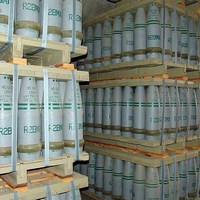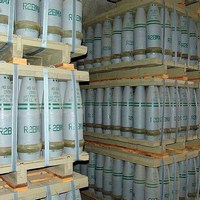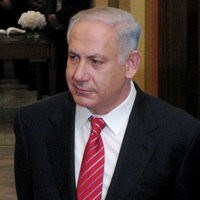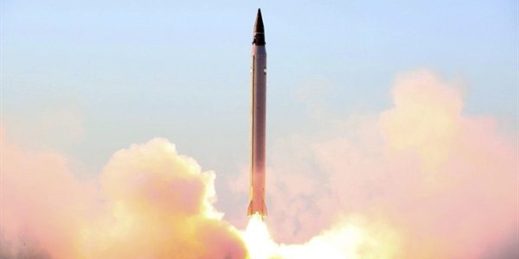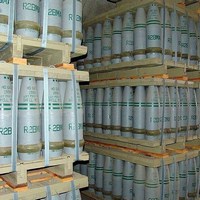
Last Friday, the Pentagon announced that, by next July, all U.S. troops will leave Manas airbase in Kyrgyzstan. The base has served as the most important transit center for U.S. and coalition troops entering and leaving Afghanistan by air, but that role will soon be replaced by a base in Romania. The move comes in response to a July vote by Kyrgyzstan’s parliament to terminate the U.S. lease at Manas effective one year later, on July 11, 2014. It is not the first time Kyrgyzstan has threatened to end the arrangement. Unlike on previous occasions, this time Washington decided not […]




